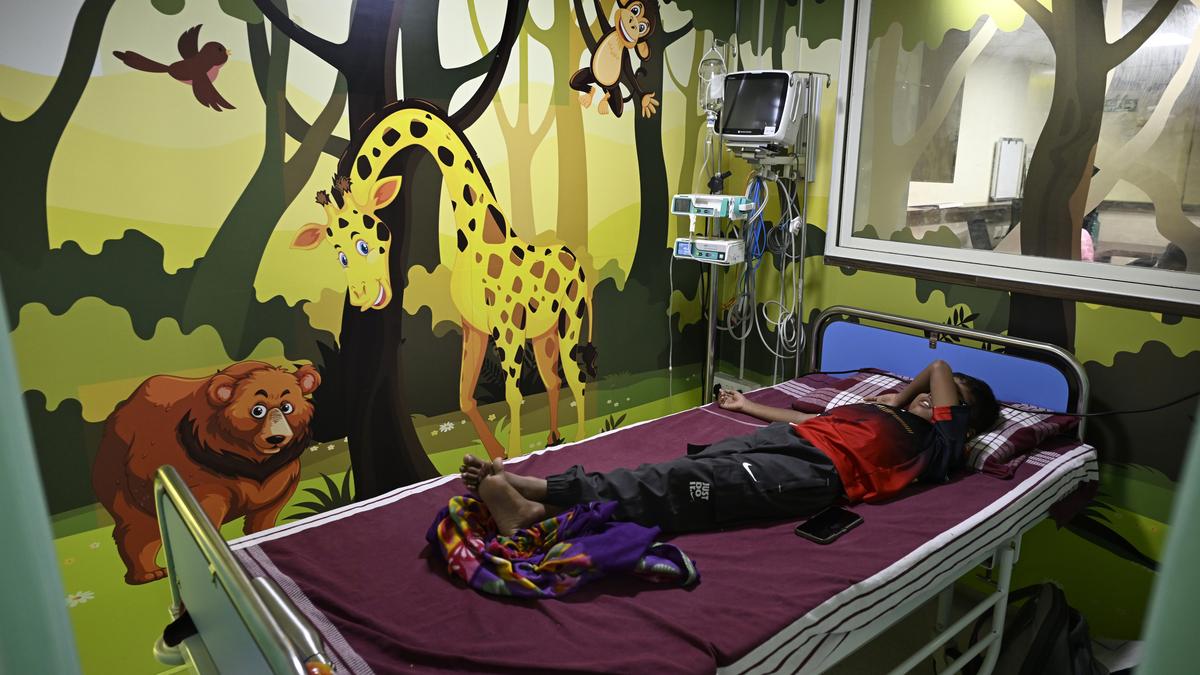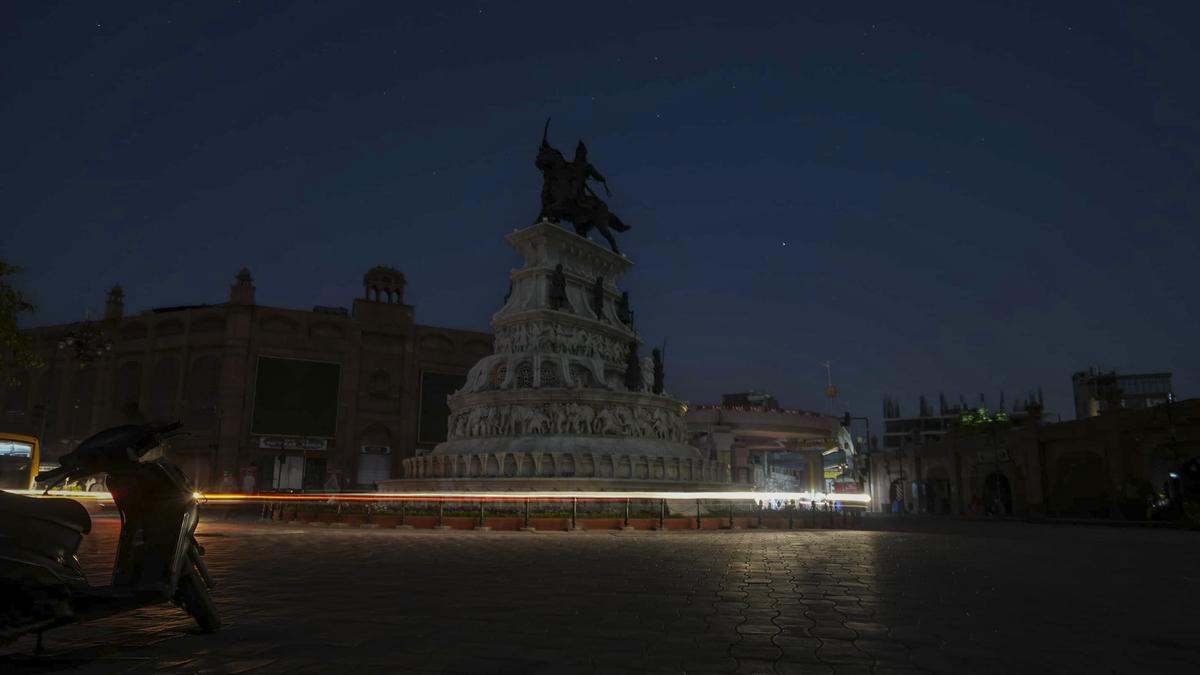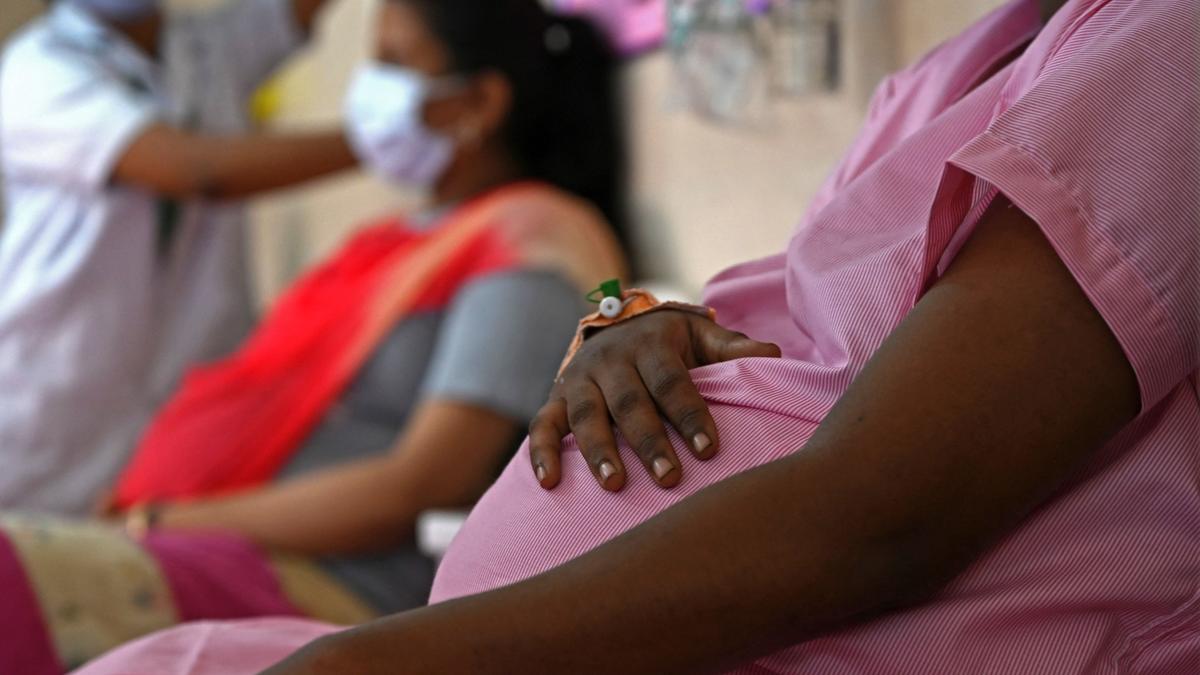Now Reading: Thalassaemia in Karnataka: Patients Navigate Hope Amid Hardship
-
01
Thalassaemia in Karnataka: Patients Navigate Hope Amid Hardship
Thalassaemia in Karnataka: Patients Navigate Hope Amid Hardship

Fast Summary
- Gowramma and her family in Bengaluru struggle with expensive treatment for thalassaemia as her two children require frequent blood transfusions and iron chelation therapy. Free medicines at government facilities have been unavailable for four months.
- Mubeena Ruqsar from Bengaluru also lives with beta-thalassaemia major, requiring regular transfusions and costly treatments despite her family’s economic challenges.
- Karnataka has an estimated 10,000 thalassaemia patients,with incomplete public health mechanisms to provide effective care.No state registry exists to systematically document cases.
- The Karnataka State Blood Cell under the National Health Mission offers free blood transfusions at government hospitals but struggles to supply effective iron chelation drugs due to procurement issues following COVID-19 disruptions. Low-cost generic drugs provided by the government reportedly cause side effects and inefficacy.
- Bone marrow transplantation (BMT) is the sole curative option but remains financially inaccessible for most families despite efforts like Ayushman Bharat-Arogya Karnataka inclusion grants not yet operationalized.
- NGOs such as Sankalp India Foundation are aiding BMT accessibility funded by initiatives like DKMS Foundation India; though, donor availability is limited due to genetic diversity challenges in Indian registries.
- High prevalence rates of consanguineous marriages in Karnataka significantly increase disease inheritance risks. Targeted screening and awareness campaigns are recommended.
Indian Opinion Analysis
the article highlights critical gaps in managing thalassaemia among impoverished populations in Karnataka-underscoring a fragmented healthcare system unable to consistently provide effective preventive or therapeutic solutions. While some relief exists through government-run centers offering free treatments, logistical barriers and reliance on low-cost generic medication compromise patient outcomes.Bone marrow transplants remain inaccessible due to financial barriers despite governmental approval under wider healthcare schemes.Additionally, societal factors such as consanguineous marriages exacerbate genetic transmission risks-a pressing issue given their notably high prevalence across districts like Hassan, Chitradurga, and Davangere. without robust carrier screenings coupled with enhanced public awareness programs targeting these trends, long-term advancements may stagnate.Furthermore, NGOs fill critical gaps left open by institutional shortcomings yet operate within limiting frameworks reliant on funding models or stem cell donor shortages-highlighting India’s need for systemic reforms that prioritize equitable access across diverse socioeconomic contexts while increasing investment into genetic research capacities.
Read More: Link




























